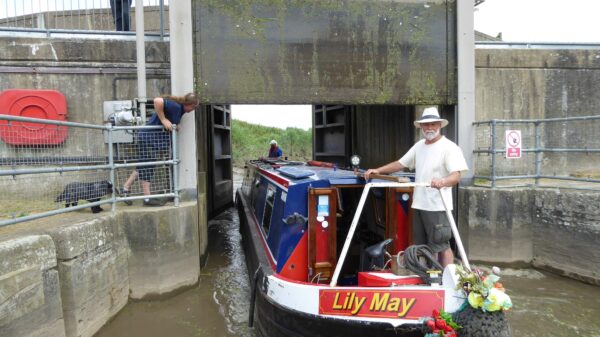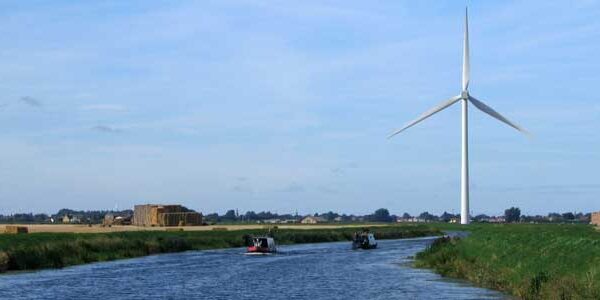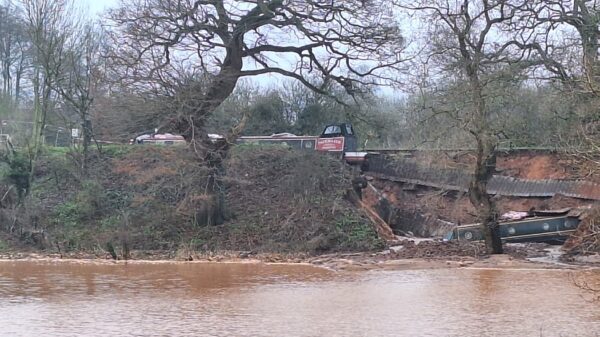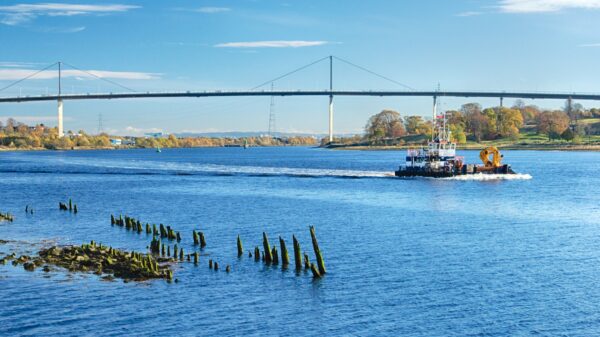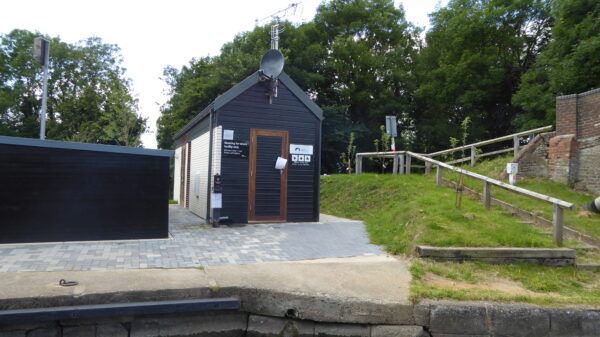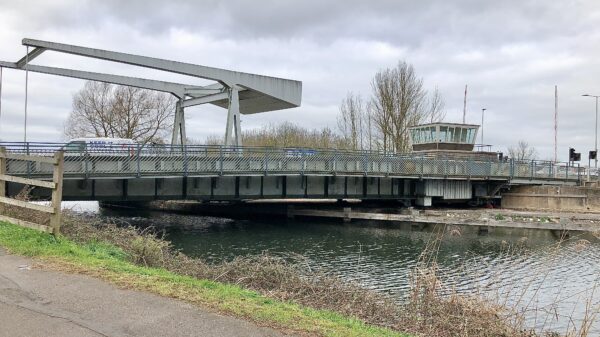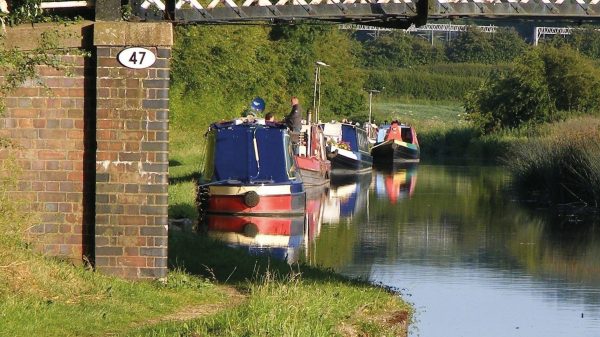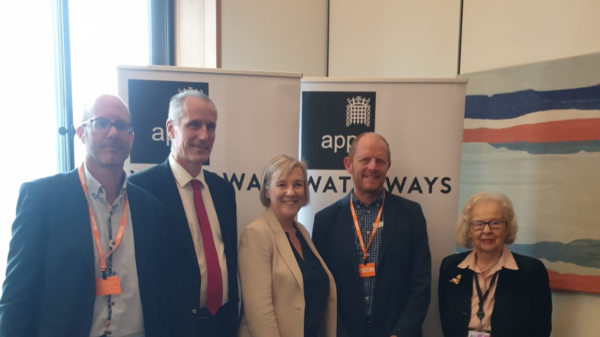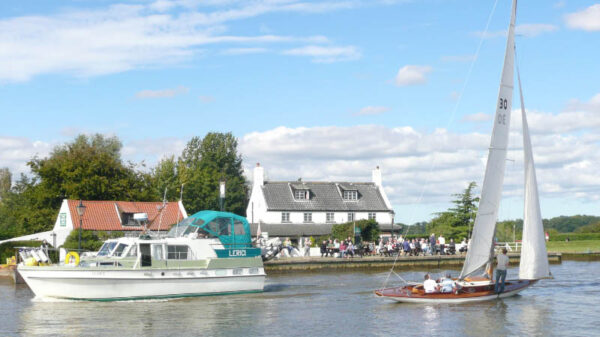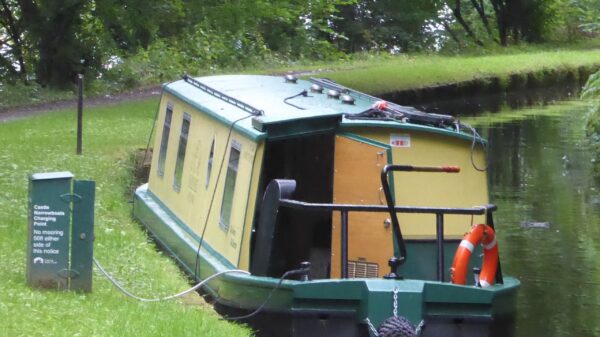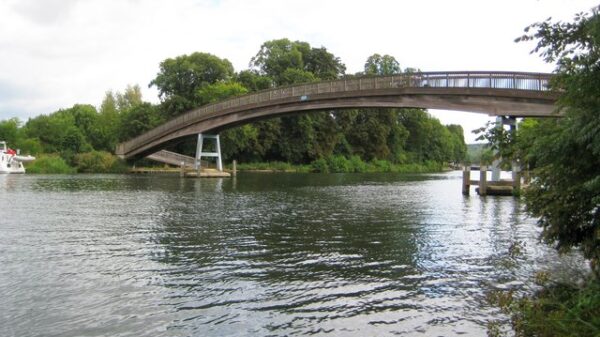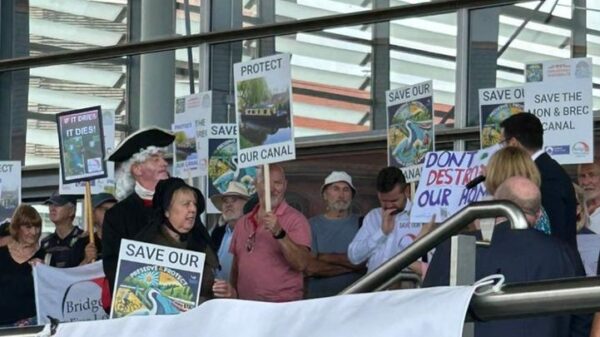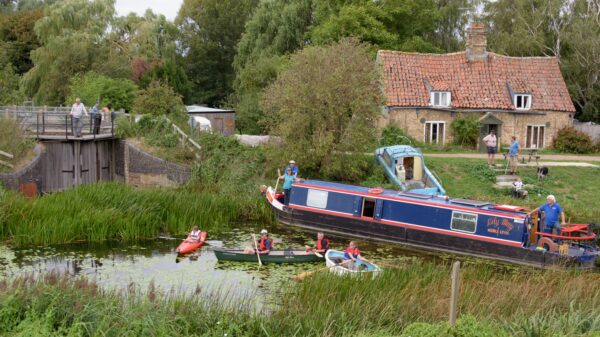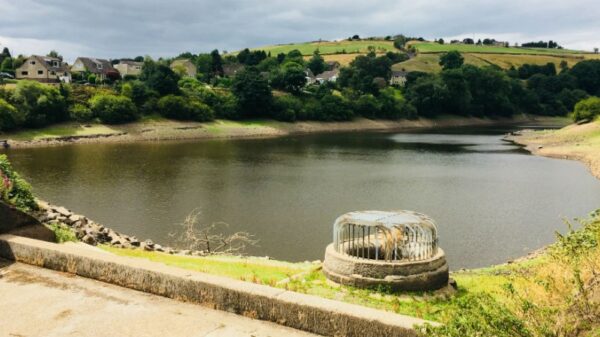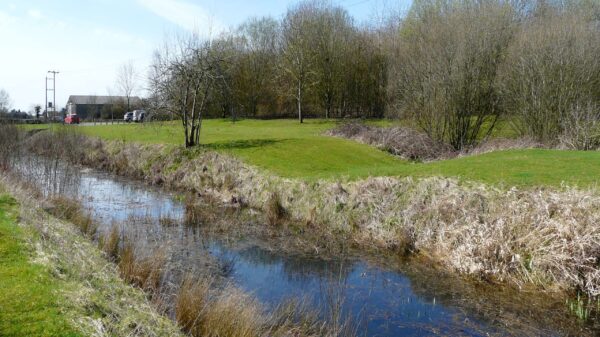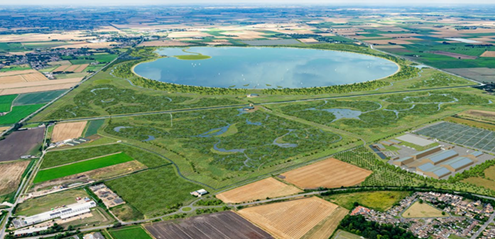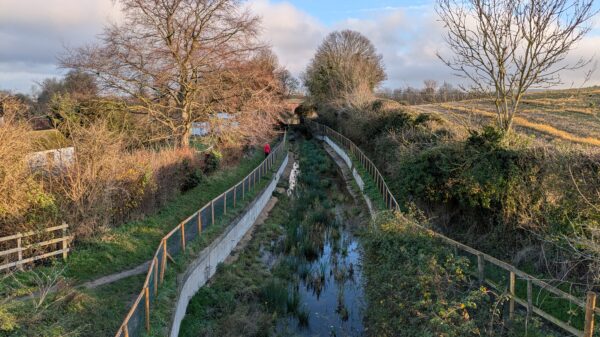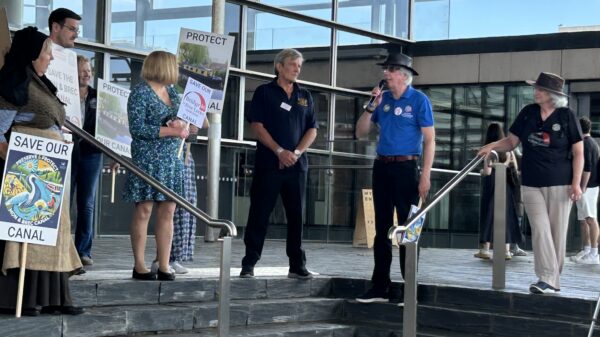The MPs and peers of the All Party Parliamentary Group met in Westminster on 28th November, and were joined by representatives from navigation authorities, waterway organisations and government officials. Two speakers gave presentations describing ways how inland waterways could reduce emissions and contribute to the UK’s net zero carbon target and the barriers to doing so.
Bowman Bradley, Chair of the joint IWA, RYA and Cruising Association Working Group gave an overview of the issue explaining how while technology for electric boats is progressing, the key to improve sustainability is the existing fleet. It is large, will be with us for a long time (leisure boats have very long lifetime) and most are unlikely to be converted to electric drive. They are mostly driven by, mainly small, diesel engines. They will need diesel fuel for decades into the future. First generation ‘FAME’ biodiesel gives significant problems in a marine environment, even at the 7% level. It is even more water absorbent than mineral diesel and deteriorates with storage, particularly in a damp environment.
He explained how IWA’s Sustainable Boating Group have done extensive trials with a second generation biodiesel, HVO or Hydrotreated Vegetable Oil. This has been shown to be fully compatible with modern and traditional boat engines and other diesel burning appliances found on leisure craft. It can be used at 100% or mixed in any proportion with mineral diesel. It can use all of the existing refuelling infrastructure, on shore and on board. It has none of the problems associated with FAME biodiesel. HVO offers a net CO2 reduction of up to 90% and significant reductions in noxious tail pipe emissions when compared with mineral diesel.
Simon Lawford, from Crown Oil gave a presentation on the factors preventing HVO from being widely available. Like most biofuels, HVO is inherently more expensive than mineral diesel and thus benefits from a government managed subsidy (RTFC’s), but this only applies to fuel used for boat propulsion, not that used for ‘domestic’ purposes. Most leisure boats have only one fuel tank and there are different tax and duties applied to mineral diesel when they refuel (the 60/40 split) and this also applies to HVO. Several different governments departments own different parts of this problem. The overall result is that HVO is expensive and complex for the suppliers to market to leisure boaters. Hence wholesalers and retailers are reluctant to supply it and boaters cannot, or will not, buy it.
IWA, the Royal Yachting Association and the Cruising Association have recently formed a joint working group to bring this problem to the attention of government. After the presentations to the All-Party Parliamentary Group for the Waterways they met with the Department for Transport to explain the issue, but more needs to be done.
We encourage all boaters to write to their MP’s drawing their attention to this problem and asking them to lobby government to adopt policies that will make HVO affordable and available to leisure boaters, thus allowing an immediate and very significant reduction in the carbon footprint of UK leisure craft.

